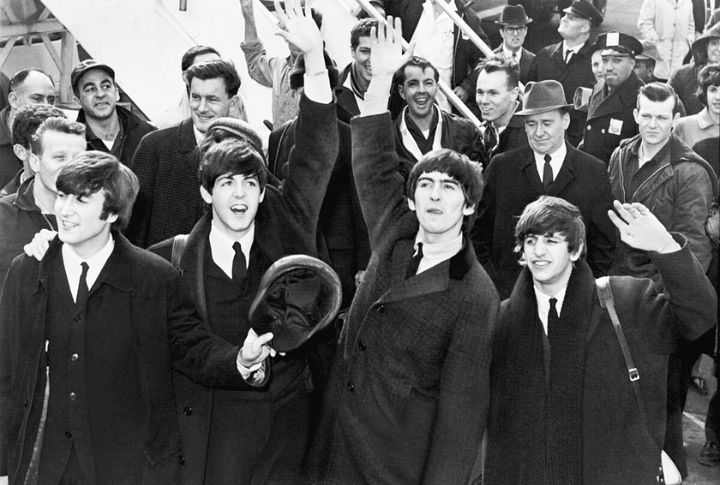
Have you ever wondered how a single mistake can alter the course of history? Human nature is inherently fallible, and while errors are a natural part of life, some mistakes stand out as particularly baffling and profoundly impactful. Despite the best efforts, even the most brilliant minds and well-organized entities may make decisions that, in hindsight, appear frustratingly dumb. Here are 15 shocking mistakes that could have been avoided.
Napoleon’s Invasion of Russia (1812)
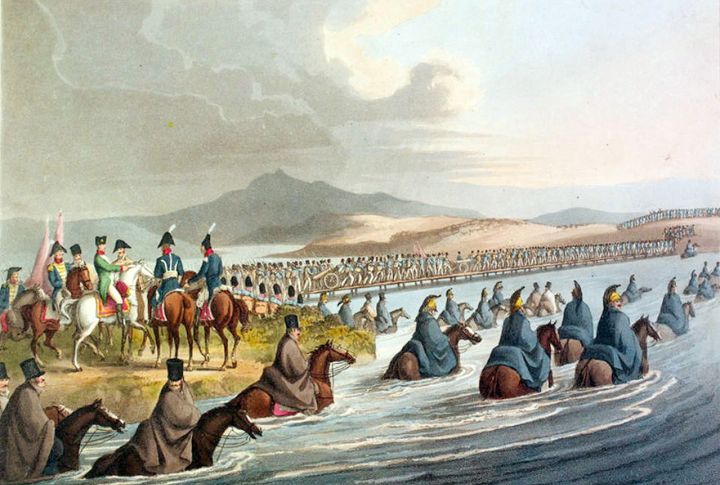
The French military leader Napoleon Bonaparte made the catastrophic decision to invade Russia in 1812. He underestimated the logistical challenges and the harsh Russian winter. The campaign began with over 600,000 soldiers, but only about 100,000 returned. The Russian scorched-earth policy and the severe winter decimated Napoleon’s Grande Armée, leading to massive losses and his eventual downfall.
Sparing Hitler’s life

During the 1913 WWI Battle of Marcoing in France, a British soldier, Henry Tandey, reportedly encountered a wounded and unarmed German Lance Corporal in a ditch. Taking pity on the man, Tandey chose not to shoot. It was only decades later, after Hitler rose to infamy as the leader of Nazi Germany, that Tandey’s act of mercy became the subject of speculation and myth.
The Chernobyl Disaster (1986)
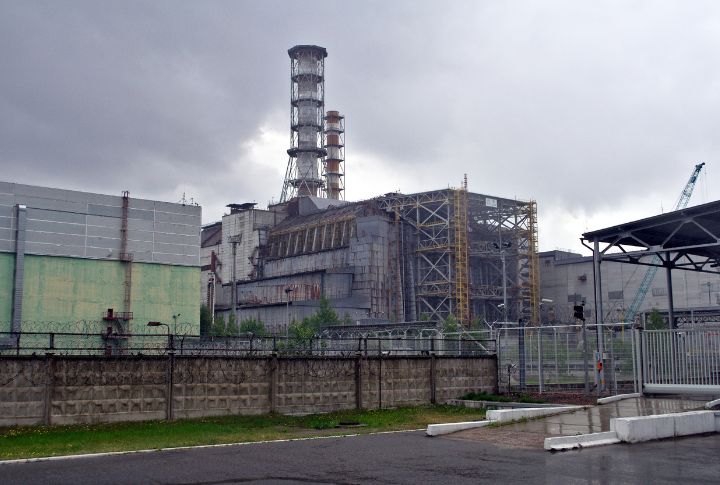
In the course of a late-night safety test at the Ukraine Chernobyl Nuclear Plant, a reactor exploded. Operators deactivated the reactor’s power-regulating and emergency safety systems and extracted control rods from its core, allowing the reactor to operate at 7 per cent power. The explosion and subsequent fire outbreak released large amounts of radiation into the atmosphere, causing immediate deaths, long-term health effects, and environmental damage.
The Mars Climate Orbiter Mishap (1999)

NASA’s Mars Climate Orbiter was lost due to a simple yet critical error. In 1999, a team of engineers at Lockheed Martin used the imperial (pounds-force) system of measurement, while the rest of the team used the metric (Newtons) system for a Mars orbiter project calculation. The miscalculation caused the orbiter to enter Mars’ atmosphere at the wrong altitude, destroying it and setting NASA back $125 million.
The Decca Records’ Beatles Rejection (1962)
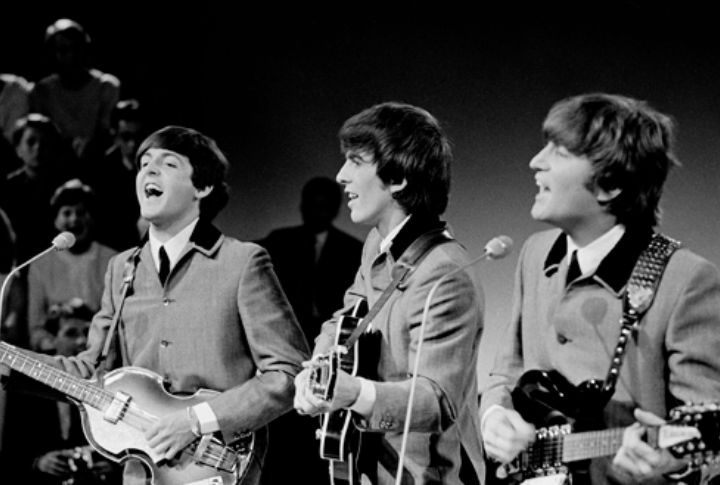
Decca Records, one of the leading record labels at the time, famously rejected the Beatles after their audition on January 1, 1962. The label’s executives believed that guitar groups were on the way out and that the Beatles had no future in show business. The Beatles went on to sign with EMI’s Parlophone label and became one of the most successful and influential bands in history. Decca’s decision is often cited as one of the biggest blunders in the music industry.
Piper Alpha Oil Rig Explosion
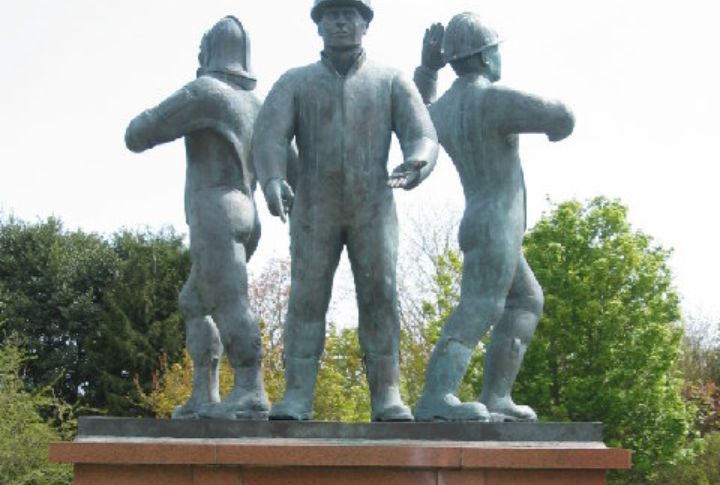
In July 1988, a blast in the Piper Alpha Oil Rig led to the evacuation of oil workers. Tragically, 167 of the 226 men on board lost their lives, and repair costs of $3.4 billion were incurred. The disaster occurred because, during a routine inspection, safety inspectors removed and replaced all safety valves except one, which was never reinstalled. Unaware of the missing safety valve, a worker initiated the start button, causing gas to leak and eventually leading to a catastrophic explosion.
The Battle of Karansebes (1788)

In the 1788 battle of Karansebes, the Austrian army mistakenly fought itself and lost. The Austrians, scouting for Ottoman forces, became disoriented and chaotic after a group of soldiers purchased alcohol from local traders. An argument broke out, leading to shots being fired. In the confusion and darkness, parts of the army mistook their fellow soldiers for the enemy. Panic spread as units fired upon each other, believing they were under attack by the Ottomans, killing and wounding hundreds.
Rejecting The Harry Potter script
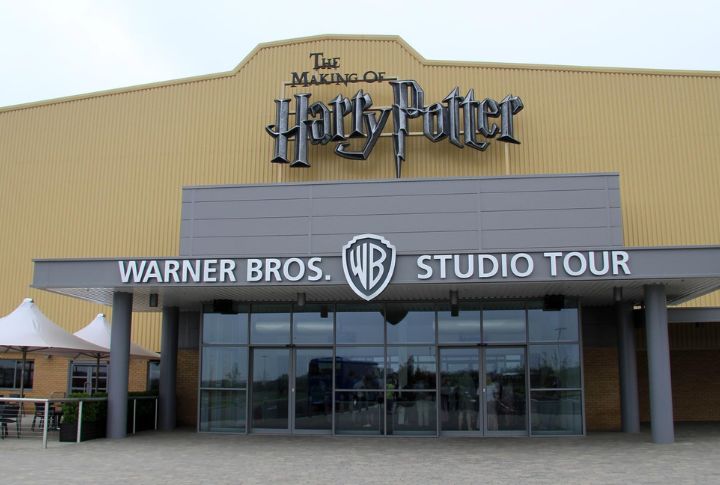
Several publishing houses rejected JK Rowling’s manuscript for Harry Potter before Bloomsbury Publishing decided to take a chance on it. Twelve publishers initially passed on the opportunity, unconvinced by the story of a young wizard. It wasn’t until the chairman of Bloomsbury, prompted by his eight-year-old daughter Alice, enthusiastically recommended the book that it was finally accepted for publication.
Losing a Bitcoin Voucher

In 2009, James Howells purchased 7,500 Bitcoins at a time when their worth was nominal. By 2013, the value of Bitcoin had surged, with each coin worth approximately £613, transforming Howells’ initial investment into a staggering portfolio valued at around £4.5 million. However, despite the potential wealth, Howells faced a monumental setback—he had stored the digital keys to his Bitcoin holdings on a hard drive that he had forgotten about and subsequently discarded without much consideration.
Refusing to Buy Google
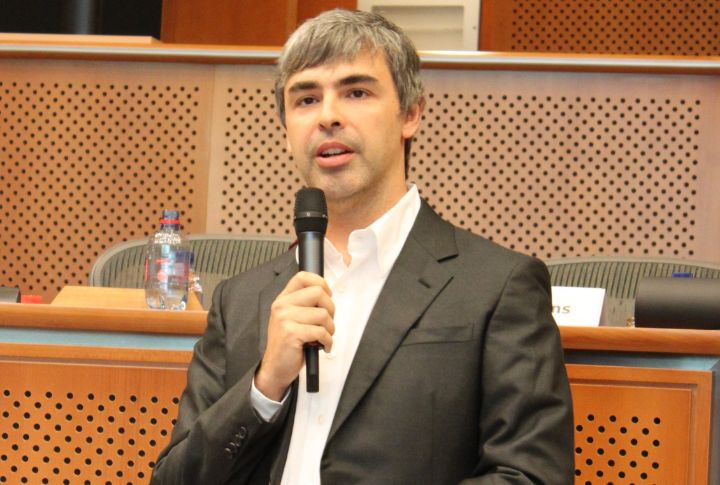
Google’s founders, Larry Page and Sergey Brin, went to George Bell, CEO of Excite, in 1999 with an offer to sell their budding search engine for approximately $1 million. Bell initially showed little interest in the proposition. Undeterred, Page and Brin lowered their asking price to $750,000 to further entice him. Despite the reduced offer, Bell ultimately declined the opportunity. Google is worth approximately $365 billion today.
Fat-finger Trade

In 2005, a Japanese trader made a costly mistake known as a “fat finger” trade, selling 610,000 shares for a mere 1 yen each instead of selling one at the correct price of 610,000 yen. This error resulted in a staggering loss of £190 million for his employer, Mizuho Securities. In spite of immediate efforts by Mizuho Securities to rectify the mistake and cancel the erroneous trade, the Tokyo Stock Exchange refused to annul the transaction.
‘Wider’ Fleet of Trains

Emmanuel Grondein from the SUD-Rail trade union likened this 2014 incident to the situation of purchasing a large new car without first verifying if it would fit inside your garage. The French state railway company SNCF ordered over 2,000 new regional trains, but they were too wide to fit into many of the old rural stations they were intended to serve. This oversight has led to rebuilding 1,300 platforms across the country at an estimated cost exceeding €50 million.
Blockbuster’s Rejection of Netflix (2000)

Reed Hastings, the CEO of Netflix, went to Blockbuster with a Netflix sales offer for $50 million. Blockbuster, then the dominant force in video rentals, dismissed the proposal, not seeing the potential in Netflix’s business model of online rentals and streaming. Blockbuster’s failure to adapt to the digital revolution and recognize the future of entertainment delivery led to its bankruptcy in 2010, while Netflix became a multi-billion-dollar giant.
The Charge of the Light Brigade (1854)
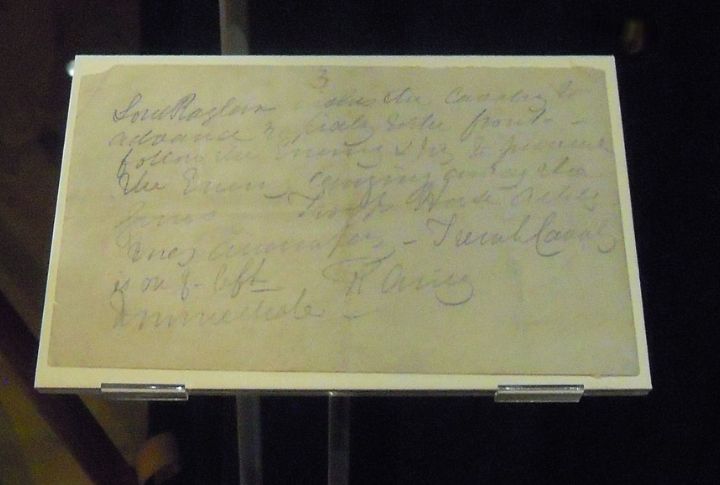
At the peak of the Battle of Balaclava in the Crimean War, a miscommunication led the British Light Brigade to charge directly into a heavily fortified Russian artillery position. The order, intended to prevent the Russians from capturing the heights, was misunderstood. As a result, 600 cavalrymen charged into what Alfred Lord Tennyson immortalized as “the valley of Death,” suffering heavy casualties with little strategic gain.
The Wicked Bible
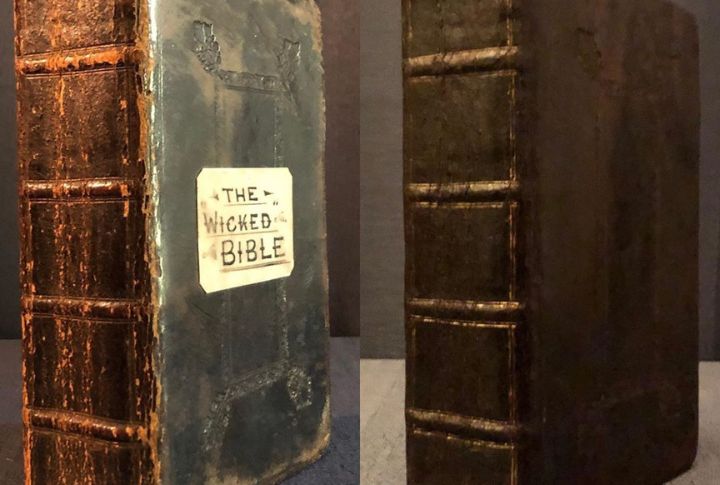
The Wicked Bible, also known as the Adulterous Bible, was published by London’s royal printers, Robert Barker and Martin Lucas, in 1631. Intended as a reprint of the King James Bible, it gained notoriety due to a significant error. In the Ten Commandments (Exodus 20:14), the printers mistakenly omitted the word ‘not’ from the commandment “Thou Shalt Not Commit Adultery.” The printers faced a hefty fine a year after this error and lost their publishing license. Most copies were immediately recalled and destroyed.


Comments
Loading…